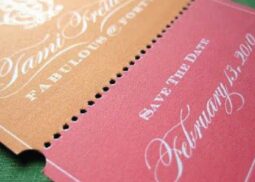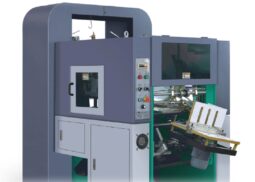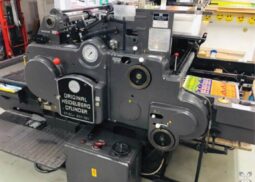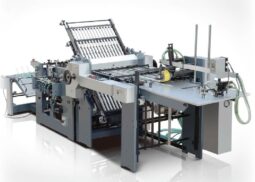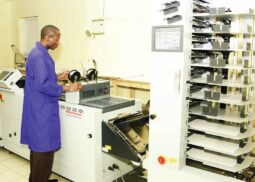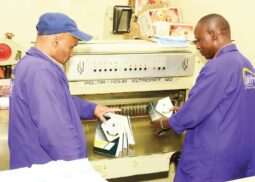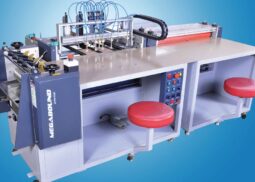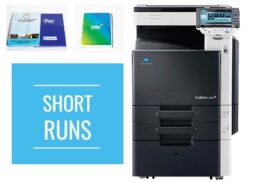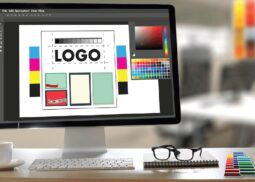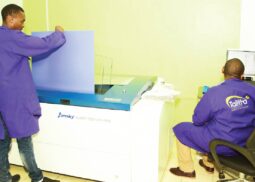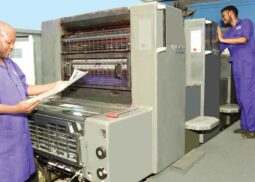Perforation
A procedure that creates a series of very fine holes in paper or cardstock, usually along a straight line, to allow a portion of the printed piece to be easily detached by hand.
read moreDrilling/Punching
Refers to the process of creating holes in paper using a rotating bit or die-punch, such as the hole patterns needed for sheets and dividers placed into ringed binders, or for coil-binding.
read moreDie-Cutting
In the world of printing, a Die refers to a thin, razor-sharp steel blade that has been formed into a specific shape or pattern (sort of like a heavy-duty cookie-cutter).
read moreLaminating
There are three basic types of print piece lamination: matte, gloss and silk. Benefits of lamination are: Enhanced durability. Laminated print pieces can withstand high levels of daily use.
read moreCutting & Trimming
Using a guillotine machine to reduce a printed piece down to its desired size. Common examples include removing excess paper along crop marks, separating pieces that have been printed as multiple images per sheet, or trimming the open edges of a book to create evenly aligned pages. POLAR MOHR ELTROMAT 90
read moreBindery Services
High-quality printing and professional presentation: our full bindery services bring the two together. Whether you’re producing an internal company directory or a seminar notebook, you want your jobs to look their best.
read moreDigital Printing
Digital Printing up to A3 / Semi-gloss finish / Low/high volume business cards / High quality gloss or matt. We give a whole new meaning to your commercial printing needs when it comes to the brand and visibility of your business.
read moreDesign & Layout
From cash sales receipt and letterheads to magazines and annual reports. Talitha Graphics can design just about anything you require in the field of Desktop Publishing.
read moreComputer to Plate
A type of printing prepress process in which a digital image is transmitted directly from a computer to a plate used on a press.
read moreOffset Printing
This process relies on the principle that oil and water do not mix. The image area of the printing plate is etched and treated so that oil-based ink is received onto the plate, but not water
read more
